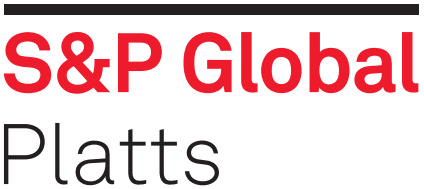
As Turkey has increased import duties on some finished and semi-finished steel products for three months as of April 18, EU producers have gained an advantageous in exports to Turkey, Ugur Dalbeler, CEO of major Turkish steelmaker Colakoglu, told S&P Global Platts Monday.
According to a presidential decree published Saturday, customs duties on some alloy and non-alloy billet, slab, hot-rolled coil, cold-rolled coil, coated coil, stainless steel, sections and some bar products have been increased by 5% effective April 18 through July 15, an increase from the previous range of 9%-15% to 14%-20%.
Customs duty rates also increased by 2% for three months for some users that benefit from lower import rates, including pipemakers and white goods producers. These will now rise from a 6%-7% range to 8%-9% .
EU countries and countries with which Turkey has free trade agreements are exempt from the duty increases.
“The rise in import duties is a surprise. Already shipped imported materials will be faced with 5% additional cost, while unshipped materials probably will be deferred,” Dalbeler said. “We shouldn’t also ignore a [possible] extension in import duties after July 15.”
“European producers, who didn’t obey the agreements that we signed and targeted Turkey with protection measures in the last two years [have gained advantage] with this decision, which is worrying me,” Dalbeler said, adding that he heard Monday that European steel association Eurofer made an application to the European Commission on March 31 for an antidumping and subsidiary investigation against HRC imports from Turkey.
Eurofer didn’t confirm this information to S&P Global Platts Monday.
Dalbeler also told Platts that his main concern is the removal of unfair competition instead of outright protection. “Other countries however are [dumping] in their sales to Turkey as they couldn’t sell to other countries due to trade barriers,” he said. “Russia, Ukraine, India, Japan, Korea and EU are all targeting Turkey without minding any price level.”
Although Turkish mills’ flat steel exports have slumped since the beginning of March amid the COVID-19 outbreak, some low-priced import bookings of HRC, mostly from the CIS, were heard in the market in recent weeks.
Drawing attention to the fact that most of the recent HRC bookings have been made with an inward processing regime in Turkey, which exempts exporters of finished products, such as pipemakers, from feedstock steel import duties, the recent rise in import duties on steel from third countries will not have a significant effect on imports, market sources observed.
— Cenk Can




